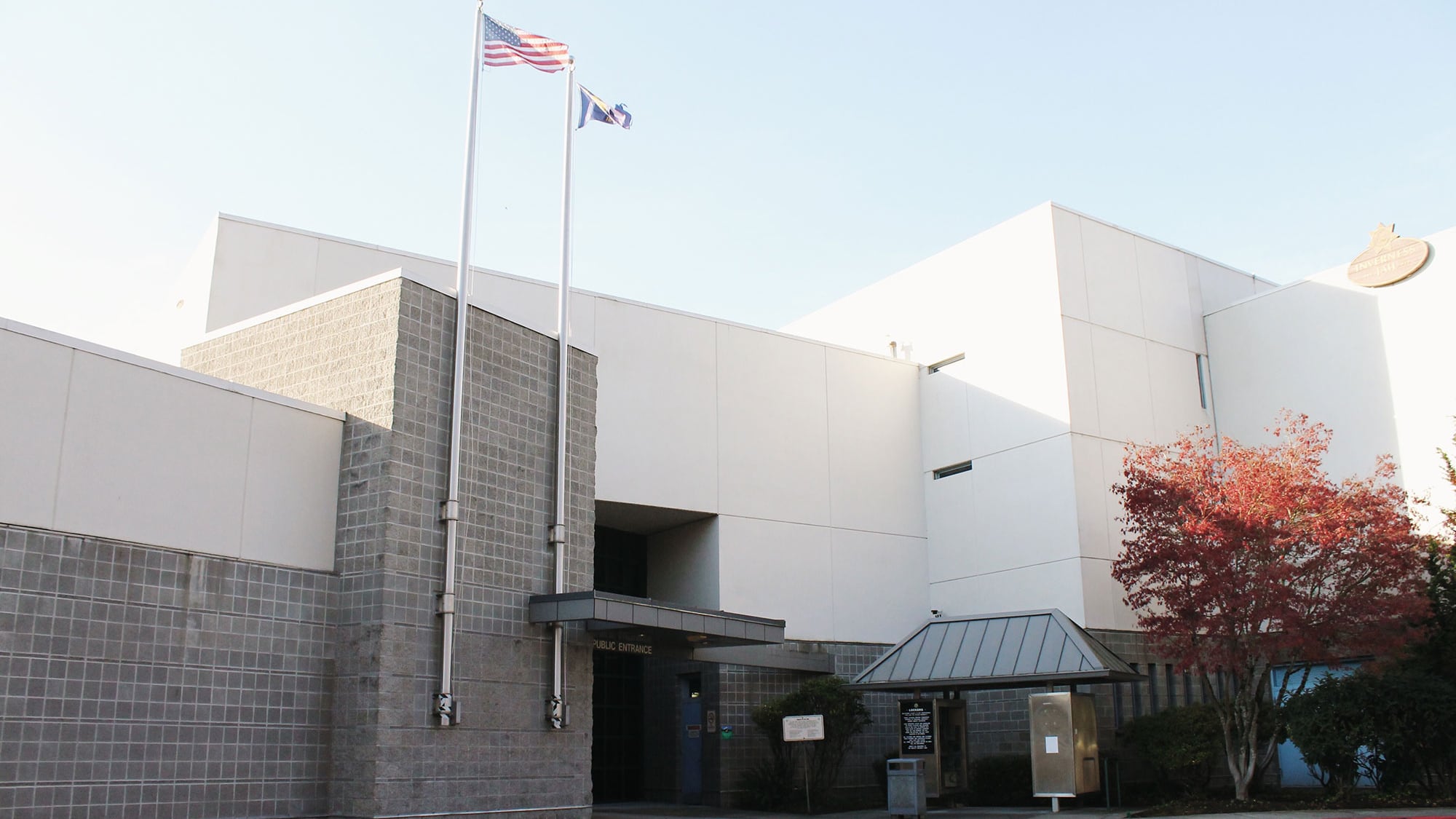Jails across the state have reduced their populations by half during the pandemic following recommendations by prison rights groups in March, according to survey results released April 28 by Disability Rights Oregon and the Oregon State Sheriffs' Association.
The reductions, which took place in both rural and urban counties, were a result of local district attorneys and courts authorizing reduced intakes of new detainees, as well as an increase in releases of detainees facing minor charges, Disability Rights Oregon said in a press release.
In Portland, for example, police vowed last month not to take misdemeanor arrestees to jail in order to reduce overcrowding during the pandemic.
Multnomah County reduced its jail population by 30 percent, from 1,112 detainees prior to the pandemic down to 775, survey results show. Clackamas County made a 67 percent cut in its jail population, from 466 detainees to 152. Washington County reduced its jail population by 52 percent, from 572 detainees to 272.
The county that made the largest decrease by percentage was Harney County, although the sample size is quite small: The jail had nine detainees prior to the pandemic and now has three—a 69 percent reduction. Umatilla County had the smallest reduction rate: from 210 detainees before the pandemic to 163 now—a 22 percent decrease.
The move to reduce jail populations stems from the fact that COVID-19 spreads more easily among those living in close quarters, such as a jail. These conditions can disproportionately affect low-income people held in custody because they cannot post bail.
"This major reduction in incarceration at our jails is a ray of sunshine during this storm. Oregon's sheriffs and district attorneys should be proud of slashing jail populations in response to COVID-19," said Jake Cornett, executive director of Disability Rights Oregon, in a press release. "But it raises the question—why were these people locked up in the first place if they didn't pose a threat to public safety? When Oregon reopens, we must leave over-incarceration behind."
